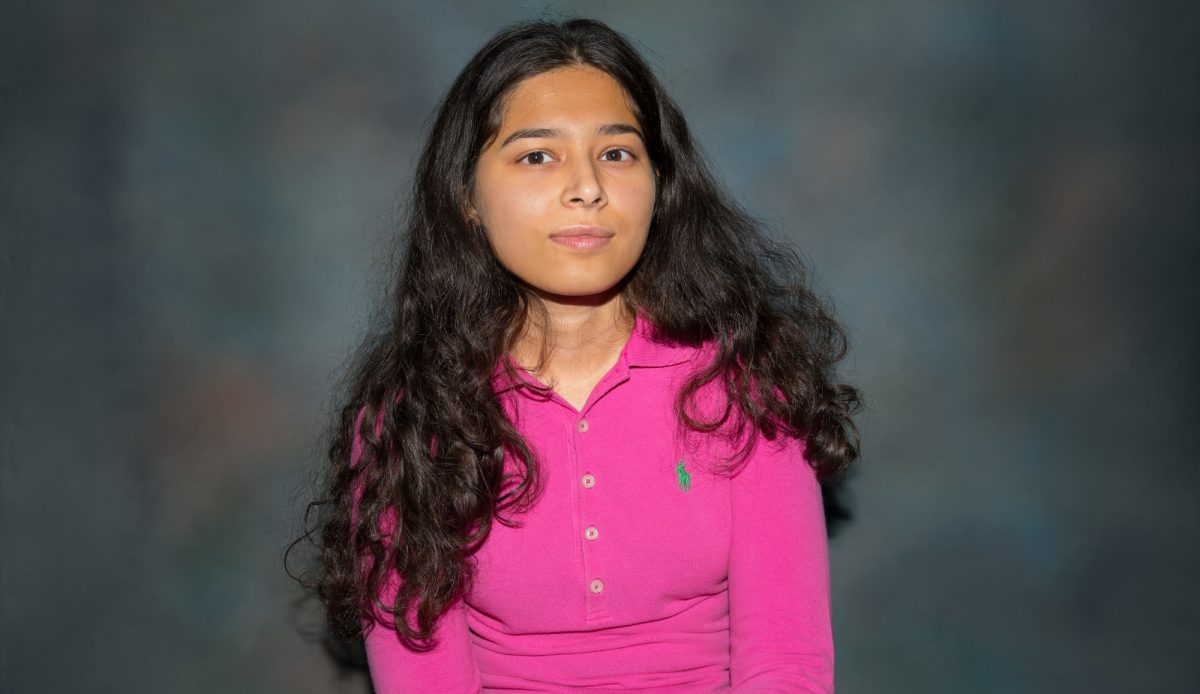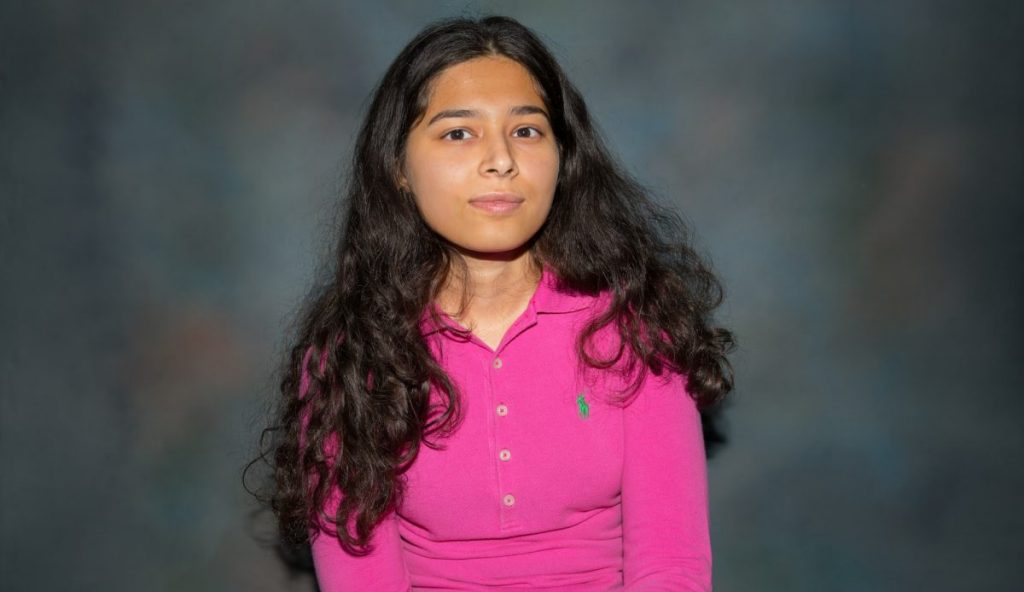
For international students, culture shock can mean a lot of things – a different language, unique social habits and an unfamiliar environment – but increasingly, part of coming to the United States is making sense of the reality of gun violence in this country.
Regina Sánchez-Jiménez, an exchange student from Spain, said her friends and family back home would joke about Americans’ “crazy” gun-friendly attitudes. She failed to realize that the violence extends far beyond periodic mass shootings that make international news until she moved to Florida and had a conversation with her aunt’s friend who lives in Orlando.
“She was talking about guns like it was so normal, like, ‘We need to have a gun just in case someone comes,'” she said. “But, in Spain, we don’t have guns. This is not the normal.”
United States citizens own more guns per 100 people than citizens of any other country, according to Congressional Research Service data.
When Manvi Seth, a junior mathematics and international studies major from India, was preparing to move to the United States, her parents first worried about her adapting to life in a new country as a 17-year-old. Then her parents became increasingly concerned about gun violence “because of all the incidents that happen to ordinary people on ordinary days,” she said.

“You don’t want to imagine your daughter going to class and being shot,” Seth said.
Seth said she and many other international students are blind to the severity of the violence because they still revere the “American dream.”
Because she did not grow up in an environment where “having guns was considered a necessity,” Seth said she believes anyone who wants to buy a weapon should have to first undergo a rigorous background check.
“If you have to give someone the power to end a person’s life within a second, it should be given with a lot of reservation, and the current laws do not do that,” she said.
Gun control activists want to close the loophole that allows guns to be purchased on the secondary market without background checks, as well as stricter gun control legislation regarding the process of getting a gun and a ban on semi-automatic and automatic weapons.
On the other side, gun rights activists argue there are enough protections in place to keep weapons out of the wrong hands and want to preserve second amendment rights.
“There needs to be better laws,” said Venezuelan Alejandro Martinez-Scharffenorth, a senior majoring in finance. “I don’t see why people would need an assault rifle in their house.”
Martinez-Scharffenorth said he sees the validity of the second-amendment activists because, in Venezuela, people do not have weapons to protect themselves from the dictatorship that has overtaken the country. Even so, he said private citizens have no need to own automatic weapons.
Sánchez-Jiménez said her parents would have cautioned her against coming to the United States if they had known about the frequency of gun homicides, but she would have chosen to study at UM anyway.
“I am not scared,” she said. “I don’t have fear of anything.”





